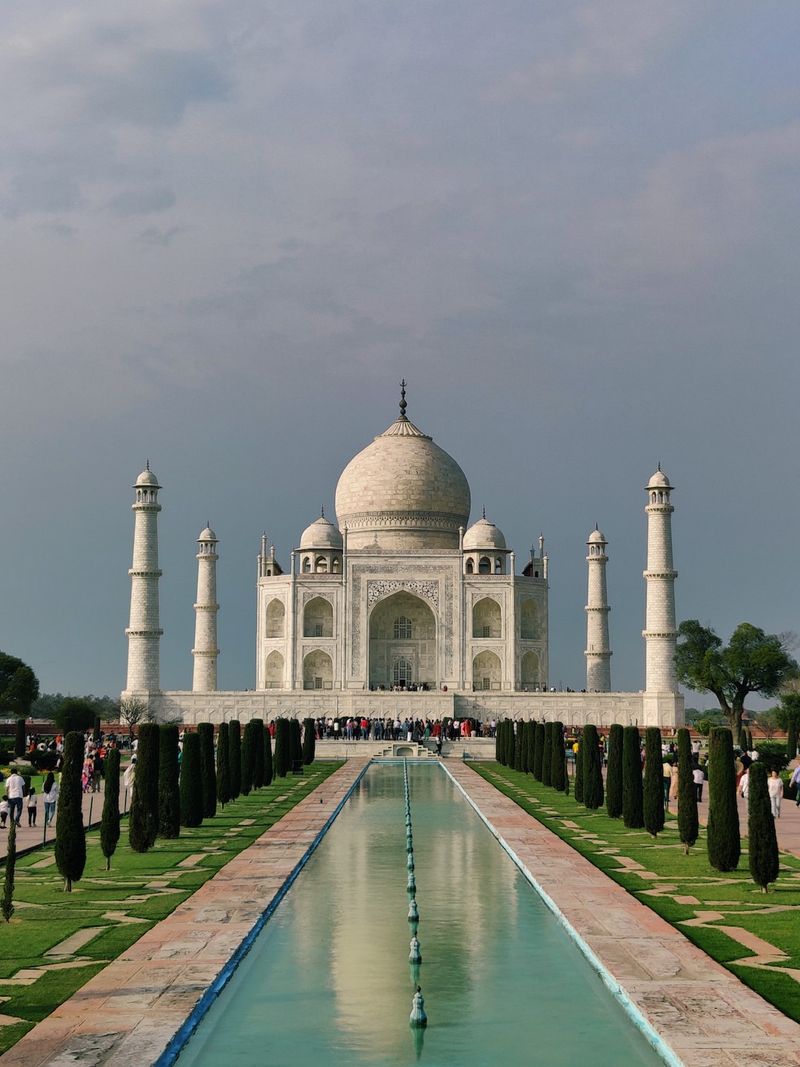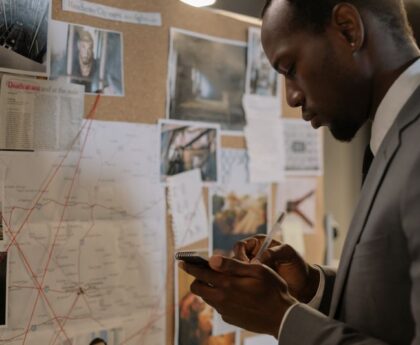- No Plans to Change Law After ‘Jihad‘ Protest Chants, No 10 Says as Braverman Challenges Met
- You might want to read !
No Plans to Change Law After ‘Jihad‘ Protest Chants, No 10 Says as Braverman Challenges Met
Criticism of the Metropolitan Police
The Metropolitan Police has faced criticism following their statement that no offences were identified at a recent pro-Palestine rally, where protesters were heard chanting slogans referencing “jihad.” This controversy has ignited a debate about the limits of free speech and the role of law enforcement in safeguarding public order.
The Home Secretary’s Call for a “Crackdown”
In response to the controversy, Home Secretary Suella Braverman has called for a “crackdown” on those who engage in chants promoting violence or hatred. Braverman has expressed concerns about the potential radicalization of individuals and the broader impact on societal cohesion. However, the Prime Minister’s Office, commonly known as No 10, has asserted that there are no plans to toughen the existing laws.
Defending the Status Quo
Downing Street’s position is arguably a defense of the status quo, maintaining that the current legal framework is sufficient to handle situations like these. It implies a cautious approach, emphasizing the preservation of free speech rights while maintaining order and public safety. It is important to note that freedom of expression is a fundamental pillar of democratic societies, and any modifications to the law should be approached with care.
The Debate on Free Speech and Protests
The clash between free speech rights and the need to curtail incitement or violence has long been a topic of debate. The chants, in this case, referencing “jihad,” a highly loaded term often associated with acts of terrorism, raise questions about the boundary between expressive language and potential threats to public safety.
The Importance of Context
When examining incidents like these, it is crucial to consider the context in which they occur. Protests can be emotionally charged events, where individuals express their grievances and frustration. While some chants may be offensive or provocative, they should not automatically be equated with incitement to violence.
The Role of Law Enforcement
The Metropolitan Police’s announcement that no offences were identified suggests that they weighed the context, intent, and potential harm of the chants during their investigation. It is essential for law enforcement agencies to strike a delicate balance between the protection of free speech and ensuring public safety. However, this delicate balance is not always easy to maintain, and differing viewpoints on what constitutes a genuine threat may arise.
Editorial: A Delicate Balance Between Free Speech and Public Safety
The recent controversy surrounding the “jihad” chants at the pro-Palestine rally highlights the ongoing challenge of balancing free speech and public safety. Any response to such incidents should be guided by a commitment to protect fundamental rights, while also preventing the incitement of violence or the promotion of hatred.
The Role of Legislation
The existing legal framework should provide clarity on what constitutes acceptable speech and what crosses the line into incitement or threats. It is important, however, for legislators to resist knee-jerk reactions that could inadvertently infringe upon constitutionally protected rights. Instead, a nuanced approach that considers factors such as intent, context, and potential harm is necessary.
Ensuring Accountability
Law enforcement agencies like the Metropolitan Police must be accountable for their decisions and actions. Transparency and clarity in their investigations will help build public trust and confidence. Additionally, ongoing training and education for officers on the complexities of balancing free speech and public safety are vital to ensure consistent decision-making.
Advice: Promoting a Inclusive Society
In the face of contentious situations like the one at the pro-Palestine rally, it is important for individuals and communities to engage in dialogue, express their views, and participate in peaceful protests. Engaging in constructive conversations, both within and between communities, can foster an inclusive society built on respect and understanding. It is through dialogue and open communication that progress towards a more harmonious society is possible.

<< photo by DM David >>
The image is for illustrative purposes only and does not depict the actual situation.
You might want to read !
- Villa’s Victory Over West Ham: A Premier League Showdown
- Rebecca Adlington’s Heartbreaking Revelation: Navigating Grief After a Devastating Late Miscarriage
- Death-defying duel: Max Verstappen outshines Lewis Hamilton to claim victory at United States GP
- “Resilient Andy Murray Triumphs Over Yannick Hanfmann in Hard-Fought Opening Match”
- “No 10 Claims Police Have Extensive Powers to Crack Down on Chants of …”
- Biden’s Diplomatic Success: Brokered Gaza Aid Deal Marks Progress
- Biden Solidifies Support for Israel in Aftermath of Gaza Hospital Explosion
- Greta Thunberg: A Bold Stand Against the Oil Summit Arrest
- GB News Launches Investigation into Laurence Fox’s Controversial Comments: Examining Free Speech and Media Accountability
- The Fringe’s New Puritanism: Graham Linehan and the Battle for Free Speech
- “Brentford Stuns Tottenham with Emerson’s Goal in Live Premier League Clash”
- London Mayor Hopeful Daniel Korski Accused of Sexual Assault: Exploring Allegations and Accountability
- “Boris Johnson’s Delusional Denial of Partygate as Desperation Sets In”
- Understanding Hezbollah: A Deep Dive into Lebanon’s Influential Political and Military Powerhouse
- Unraveling the Speculations: A Comprehensive Guide to GTA 6 Trailer News and Rumors
- “Unraveling the Clues: The Great Divide Among GTA 6 Fans over Alleged Rockstar Dev Hint”




